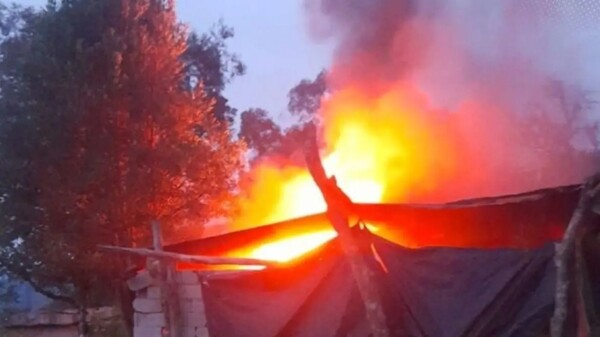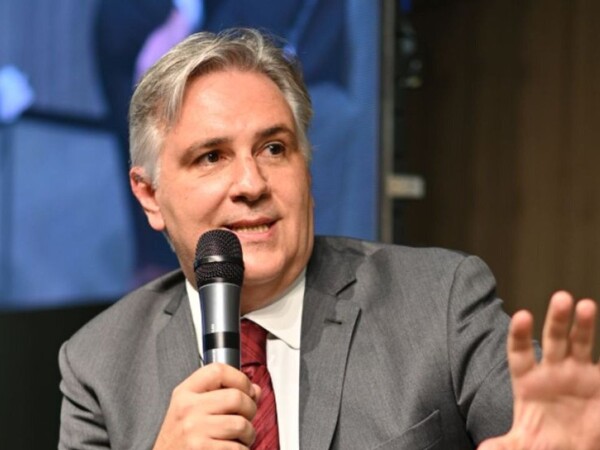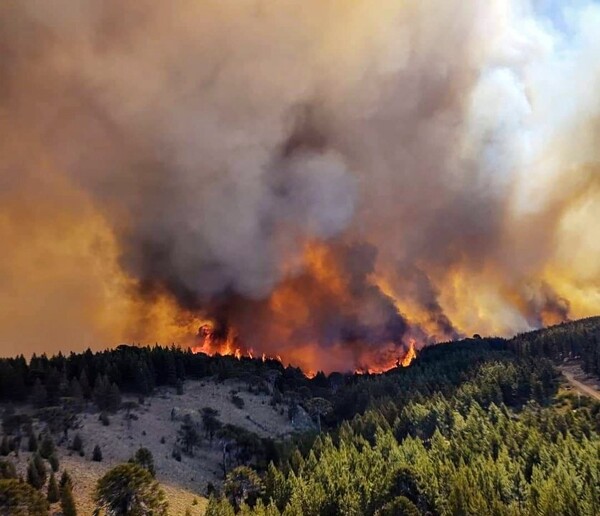
For 40 years, there has been a cultural war maneuver with international leadership that has affected the social fabric in Latin America. This has led to a deterioration in public and strategic security in the region, allowing structures like the Tren de Aragua, the Gulf Cartel, and the First Capital Command to expand uncontrollably with devastating consequences. The lack of understanding of the importance of strategic security has resulted in an increase in violence and a lack of local accountability.
In the context of the evolution of organized crime, it is crucial to establish a Regional Collective Security Agreement to tackle threats such as narco-terrorism that are affecting the region. Venezuela has become a stronghold for groups like the Colombian guerrilla, posing an additional challenge to security in the area. The lack of leadership and political support has weakened security forces, which face increasingly complex and dangerous challenges.
It is necessary to rehabilitate institutions and promote political ethics in both public and private spheres to ensure a future of progress and peace. The lack of preparation in critical areas of defense and security has left Latin America vulnerable to emerging threats of the 21st century, such as transnational organized crime and narco-terrorism. It is essential to understand the causes and consequences of these phenomena to effectively address them.
The lack of specialization and leadership in defense and security areas has weakened the capacity of states to confront these threats. The infiltration of organized crime into power and government structures has led to the consolidation of what is known as a narco-state in several countries in the region. Urgent measures are needed to counteract this influence and ensure security and stability in Latin America.
The current challenge lies in rebuilding a new Argentina and Latin America based on its original values and culture. It is necessary to foster peace from the foundations of society and promote deep change in institutional and political structures to ensure a sustainable future. The lack of accountability and competence in political decisions has exacerbated security and defense problems in the region, endangering the stability and well-being of its citizens.
In conclusion, it is essential to comprehensively and effectively address the threats facing Latin America in terms of security and defense. Only through a coordinated and strategic approach can a future of peace and progress be guaranteed for the region. It is the responsibility of current and future leaders to take the necessary steps to protect their citizens and build a safe and prosperous future.














